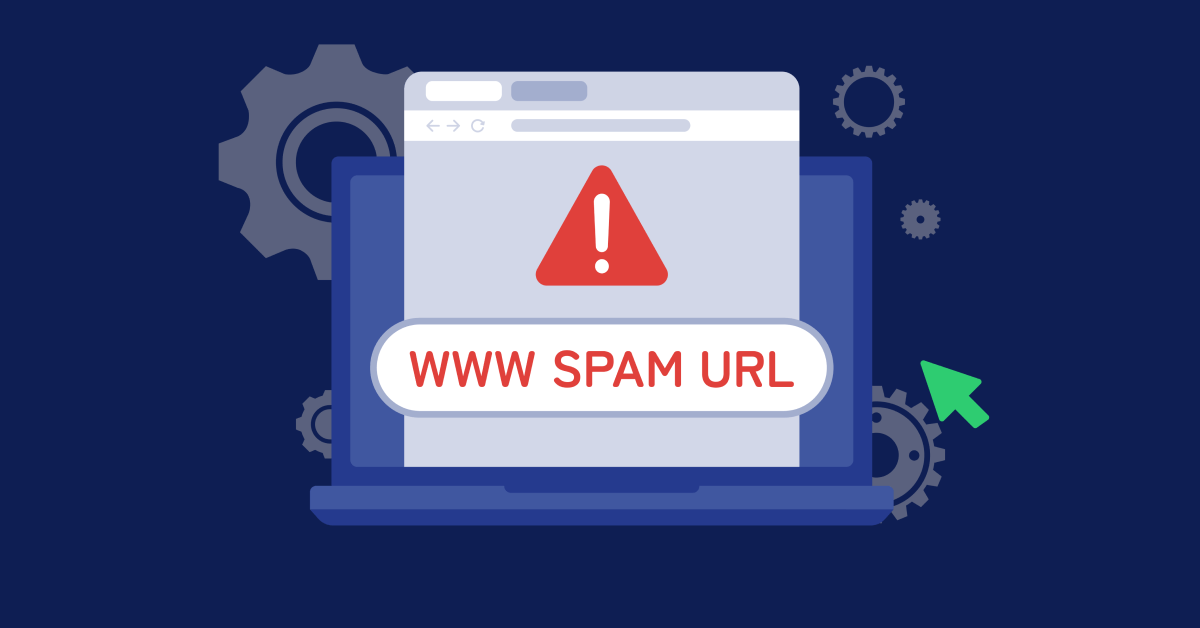“The critical first step towards building the next generation of search” comes in form of Google’s new ‘Knowledge Graph’. Promising to help you discover new information quickly and easily, Google introduces the Knowledge Graph as a way of advancing the search engine from simply matching strings of keywords to queries, into an engine with ‘intelligence’, one which is able to grasp the richness of words and queries and actually understand their meanings.
The Knowledge Graph will work toward accomplishing the aforementioned facilitated knowledge discovery through three new features:
-Firstly, Google will allow you to “Find the right thing.” As language is often ambiguous (‘Taj Mahal’ could refer to the monument, musician, or a restaurant), Google is working to now understand these differences, and will allow you to pick which of the subjects you actually meant to be searching for, with links on the right side of the results page. The Knowledge Graph is able to understand the nuances in the meanings of searches, attempting to make Google Search more intelligent and more relevant for users.
-The second feature comes in the form of topic overviews on the side of the SERP, summarizing relevant content around the topic you searched for, including “key facts you’re likely to need for that particular thing.” For example, upon searching for a celebrity or historical figure, you will receive information surrounding the individual’s birth date, death date, and accomplishments.
-The final new feature, allowing you to ‘go deeper and broader’, including a ‘people also search for’ row of results beneath the topic overview. Google hopes this will ‘sometimes help answer your next question before you’ve asked it.” Going further than just the old related searches feature beneath results, this advancement shows information, not just links. For example, upon searching for The Simpsons creator, additional information surrounding Matt Groening includes parents’ and siblings’ names and links to further information about such.
While all these new features sound great on the surface, and will definitely allow for faster more relevant information surrounding one’s query, there are some things to keep in mind. Though at the moment the Knowledge Graph only covers what I’m calling ‘famous nouns’ (landmarks, celebrities, cities, sports teams, buildings, geographical features, movies, celestial objects, works of art and more), the controversy falls in where Google is getting this information (Google states the majority of knowledge is coming from public sources such as Wikipedia and its recently acquired Freebase). How will sites react when information is being pulled from their pages and displayed directly on the Google results page? The Knowledge Graph has the potential to make click-throughs to the actual results page redundant and pointless. Coupling with this redundancy, the Knowledge Graph could potentially hurt PPC efforts in the Search Network. If users are not clicking through to websites that include advertisement space on their pages, we can expect to see diminishing performance here.
Though there’s a potential to see decreased traffic for some websites in the future, the Knowledge Graph is overall just a pretty cool new feature. We’ll have to wait and see if these ‘famous noun’ results do end up hindering performance in SEO and SEM realms, but for now, I suggest playing around with the feature and maybe learning something.






